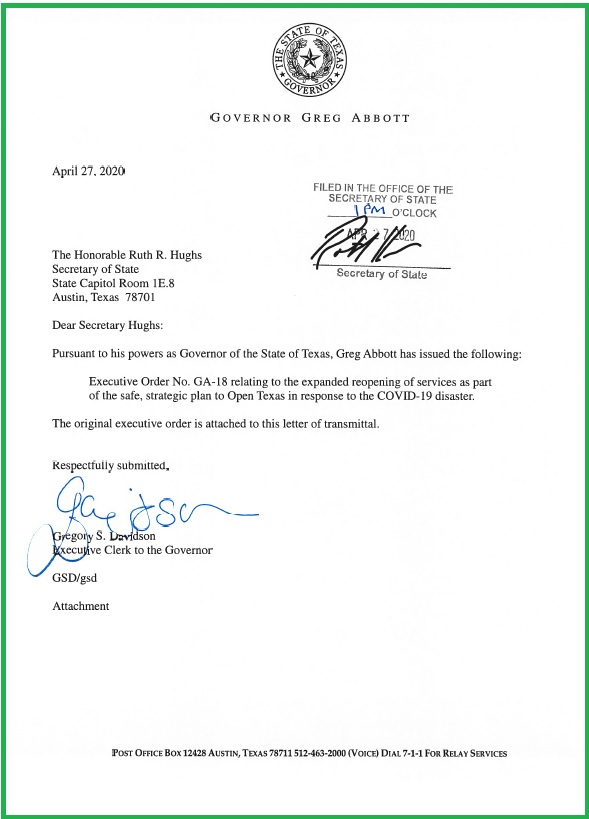Water issues on table at Horseshoe Bay
By Lew K. Cohn
Managing Editor
Water quality was on the table for discussion at the Horseshoe Bay City Council meeting on Tuesday, March 19, as council members considered several fluid topics.
At the urging of Horseshoe Bay Community Services Director Jeff Koska and Water Conservation Inspector Bill Teeter, council members approved a new ordinance establishing minimal standards for design, installation and maintenance of water irrigation systems in the city limits.
Under the new ordinance, irrigation system owners will be required to perform a test every five years to make sure backflow prevention devidces are working effectively, which will ensure protection of both the customer and the municipal water system.
The cost of these tests is expected to be less than $100 for most backflow prevention devices and copies of test reports must be provided to the city. Devices which fail a test must be replaced, per the ordinance.
Failure to comply with the ordinance is subject to a class C misdemeanor criminal charge and a fine not to exceed $500 per day.
While the state of Texas does not require cities of less than 20,000 population to adopt ordinances regarding irrigation system standards, smaller communities may choose to be proactive and adopt more stringent requirements, Koska said.
Koska and Teeter cited the increase in construction within the city limits, as well as the age of many systems — which have been in use for more than 20 years — as reasons why the new ordinance is necessary.
The new ordinance is based on a Texas Municipal League draft ordinance, but includes best practice water conservation standards, layout design, pressure maintenance, plant zone criteria, soil depth requirement, realistic technology expectations, and a higher level of backflow prevention more fitting for Horseshoe Bay's specific circumstances and geographic nature.
Council members also heard from representatives from the Lower Colorado River Authority (LCRA) as well as Walker & Partners, a firm contracted by the city, to talk about the zebra mussel infestation of the Highland Lakes and preventative efforts under way in Horseshoe Bay.
According to Walker Partners, turnover in the lake creates a more nutrient-rich enviroment at shalloe depths, which is where zebra mussels and algae, which can cause taste and odor problems, both thrive. Turnover also causes iron and manganese to become suspended in the water rather than remain settled at the bottom of the lake and this allows it to be pumped into the city's water treatment facilities, further affecting taste and odor issues. . . .
Find more on this story in the Tuesday, March 26 issue of The Highlander, the newspaper of record for the Highland Lakes. To offer a comment or send a note, email lew@highlandernews.com.






